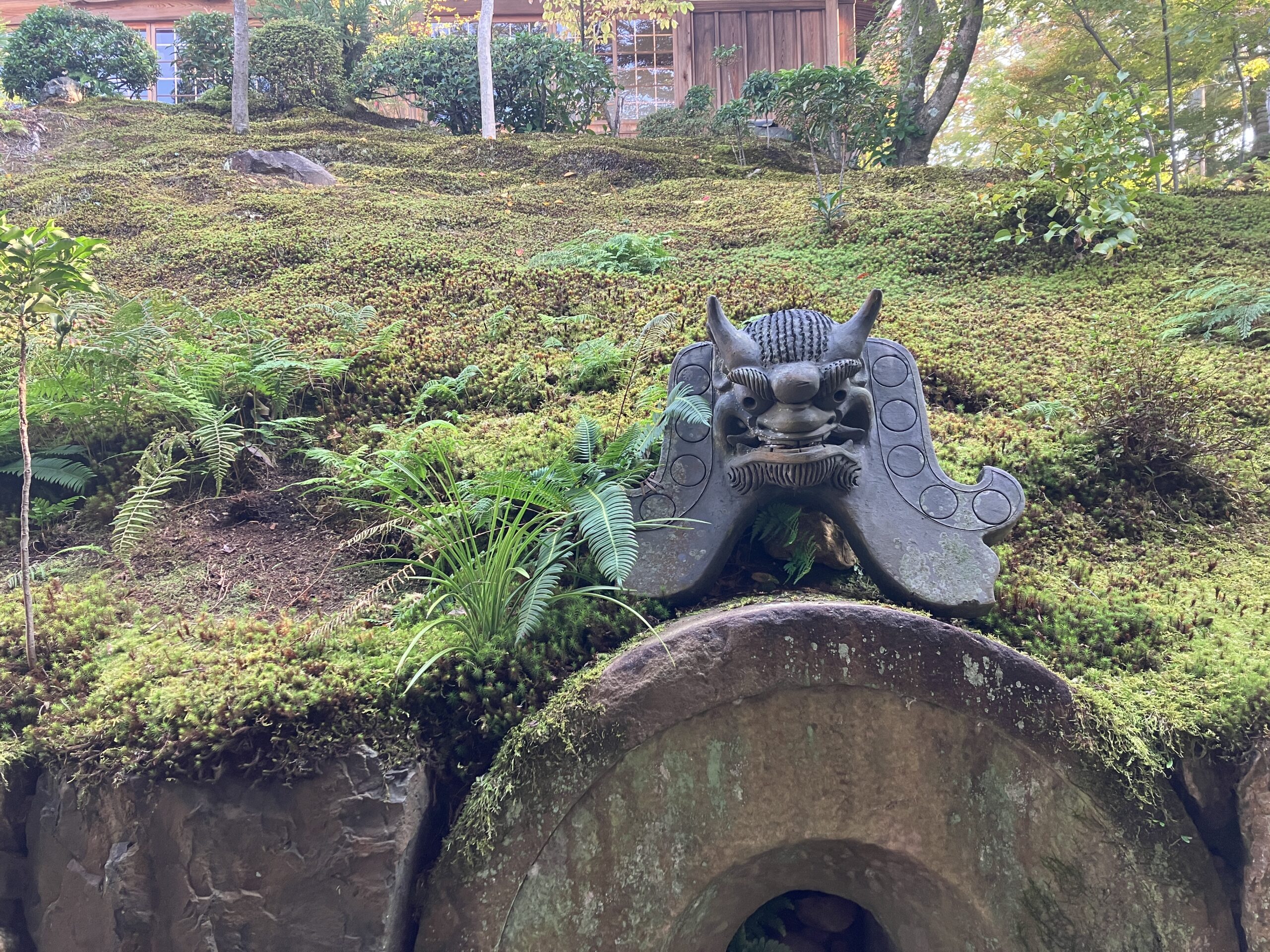Positive words
I have a niece who lived in Washington DC until 3 years old. She’s very talented and speaks to me in English (when she feels like it) and goes to an English class every Saturday. When I went to pick her up, they were still doing a lesson with the phrase, “That’s a good idea!”.
“I’m going to go for a walk” – “That’s a good idea!”
“I’m going to bed” – “That’s a good idea!”
We know these positive words and we used to use them when we were kids but once we grow up, words like “Way to go!”, “You’re a superhero!”, “That’s a good idea!” becomes a difficult word to use in your daily conversation.
The best answer
Interestingly, I find English words are very straightforward and most of them are positive. On the contrary, Japanese are very beautiful in a way but euphemistic. Sometimes you have to think about what is the best way to handle things from your own perspective and common sense, and for the most, what is the best answer.
For example, when I made a mistake of thinking that I could put away one of the precious important tools at the tea ceremony of my tea teacher and found out that I couldn’t and let it fall on the floor, I knew I did something wrong and felt ashamed. I mean really ashamed that I couldn’t even rest well for a few days. I wrote an apology letter to my tea teacher, and asked for the time to apologize directly. I still thought this wasn’t enough and was nervous but my teacher said “I forgot, it’s been such a long time ago and there was nothing wrong with it anyways.” That saved my life.
People from Kyoto are known for hiding their true thoughts or feelings. I heard a story when the great Tea Master attended a tea ceremony of an individual, he said, “Don’t worry about giving something back. My job is to conduct the importance of tea and the best way to express your feelings is to strive yourself to tea.” But do the words mean as it says? Just in case, I try to over show my feelings until they say, “Oh you didn’t have to do that, but thank you”.
For non-Japanese, it’s hard to imagine this situation. One thank you is enough and saying it directly is the best.
Do or do not, there is no try
I was listening to the podcast and they were featuring Star Wars on May 4th (May the force with you). I’m not a big fan of Star Wars but I do like how people quote the phrases. In the podcast they were quoting “Do or do not, there is no try”.
When we are not confident in the project or something challenging, we tend to say, “I’ll give it a try.” or “I’ll do my best”. It sounds positive but not as enthusiastic.
“You don’t score if you don’t shoot”
I went to a private all Girls’ school from 8th grade up until 12th grade. My first experience of a “real” Japanese school. Here I was in luck with very unique teachers. One of the teachers taught us biology who always said, “Don’t stick to one thing, just have fun.” I was lucky that people around me were full of experience and never thought that there was a wrong path. I still remember the time when my niece started walking, she was a happy girl with a big smile. But gradually we forget those adventurous and fun feelings. When we take our first step, we think of risks and what other people would think.
In general, Japan is a country that doesn’t teach children how to handle mistakes. In May 2022, the Ministry of Economics announced “The Future Generation”, less than 60% of the Japanese young generation under 18 years old answered they have a dream or are looking forward to the future. Statistics show the young generation from other countries were above 80%.
Why are young Japanese people not enthusiastic about the future?
People search for their “place” wherever they are, at home, at school, at work, etc. If we have a “place” we feel we belong to, can we think more positively?
Do or do not and you will find your place no matter where you are.





Comment